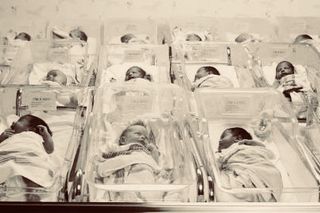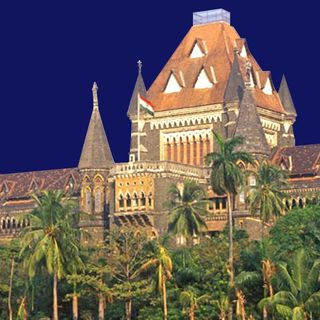
Report Finds GoI‑Sanctioned Adoption Homes Across India Neglectful
More than 200 children registered with inspected facilities were missing from them.

From unsanitary living conditions, to children that are unaccounted for — a government review of 15 specialized adoption agencies (SAAs) across nine states has revealed deplorable conditions, reports Hindustan Times.
The Women and Child Development (WCD) Ministry and Central Adoption Resource Authority (CARA) led the inspections, which occurred in January and February of this year, of these state-sanctioned shelter homes. All 15 facilities are privately run or operated by an NGO, ostensibly to facilitate the adoption of resident children up to 6 years of age.
“We were getting complaints that the credentials of some of the SAAs are not of required standards. So the WCD ministry ordered an inspection,” Deepak Kumar, CEO of CARA, told Hindustan Times. CARA operates the government’s Child Adoption Resource Information and Guidance System, which is responsible for registering shelter homes as SAAs. Across India, 460 SAAs operate with such licensing, and must submit details for each child admitted to the home to the System.
The inspection revealed a sorry state of affairs. In Mumbai, it was found, of the 324 children registered since 2008, 129 were adopted, and only 45 were present during the inspection. 150 children and their details were missing. An administrator of the facility denied any incongruity, adding all their paperwork was in order.
At a facility in Jodhpur, “the register showed that 14 children had died between December 2016 and January 2018. We are now seeking an explanation as to how these children had died,” a CARA official told Hindustan Times. Furthermore, of the 325 children admitted since 2008, details of 97 were missing. The owner of the facility said the deaths were due to premature birth and being underweight, adding that facility personnel had taken the children to a hospital and tried their best to save them.
In one of three sanctioned shelter homes inspected in Madhya Pradesh, the team found that, of the 168 children taken in, 47 were adopted — yet during the inspection, only 13 children were present, with no details on the missing 108 children.
Two facilities in Uttar Pradesh were shut down for unhygienic conditions, as well as for reports that facility staff were extorting money from prospective parents. And in the three homes checked in Jharkhand and West Bengal, while no children were unaccounted for, conditions were found to be so unhygienic that children were transferred to other facilities.
With so many children unaccounted for, the discrepancy between India’s 20,000 prospective parents, and 1,991 children officially waiting to be adopted, reported earlier this month, begins to make sense. Completing the picture is the fact that many parent-less children don’t stay in state-sanctioned adoption centers and thus aren’t included in official tallies or the official adoption pool. At least 4,000 such childcare institutions run unregulated across the country, their registration still pending with CARA, according to another senior WCD official.
But after the recent review, what little regulation that does exist is in question. While SAAs must register with CARA, the renewal of their licenses is subject to approval by state authorities, following inspection. Experts are calling for the enforcement of oversight that already exists in theory, if not in practice.
“I am surprised over how these SAAs are still allowed to function in the absence of basic facilities and children who they can’t account for,” Pune-based adoption lawyer Shirin Merchant told HT. “Many SAAs get babies born prematurely and they should have a neonatal unit to take care of them. Not having one is not acceptable. Wherever there are major violations, state authorities have to cancel license.”
Related


Court to MH Parents: Take Complaints about Fee Hikes to School Committees, not State Officials
